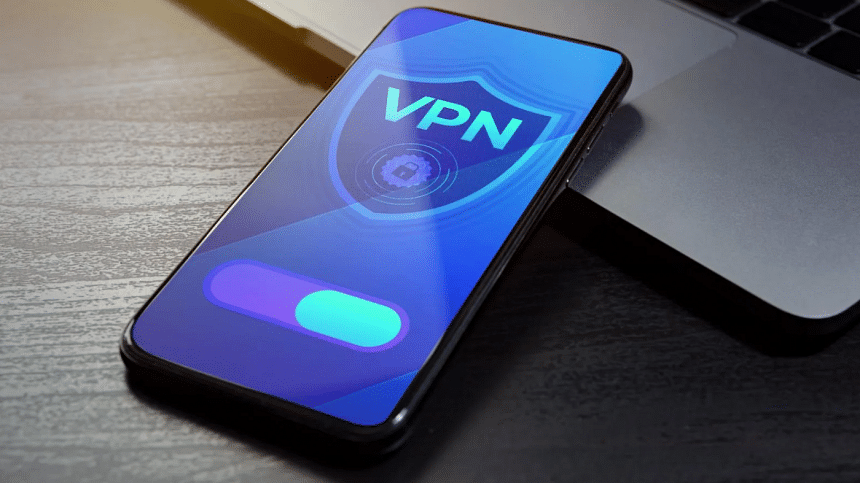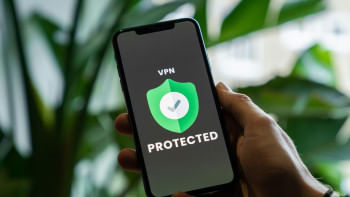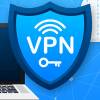Why you might still want to use VPN

Following last month's ban of certain social media platforms, netizens quickly adopted VPN (Virtual Private Network) apps as a workaround to still access the blocked apps. According to international cybersecurity tracker vpnMentor, Bangladesh saw a whopping 5016% increase in VPN demand from July 22 to 25. Such a number isn't surprising at all; given how VPN apps were a mainstay in almost all smartphones during those uncertain times.
Today, platforms like Facebook and WhatsApp are no longer blocked or restricted in Bangladesh. Unsurprisingly, many netizens have already uninstalled the range of VPN apps they had installed on their devices. However, there are still a few good reasons why you should consider keeping a safe, reliable VPN app on your phone at all times. Let's take a quick look.
Increased security
A VPN can make your online activities anonymous by masking your IP address. This means that browsing the internet with a concealed IP address keeps you safe from unwarranted tracking and surveillance.
This is especially helpful when using public Wi-Fi networks, as they are often unsecured and easy for hackers to get their way into. A VPN, even when used on open networks, will give you an extra layer of security.
It's also a smart idea to turn on a VPN app when conducting sensitive activities like banking or shopping, as doing so reduces the risk of unsuspecting attackers potentially snooping on your confidential information.
Bypass geo-restrictions
If you're a regular user of streaming services but tired of the shows available in your country/region, using a VPN to switch to another region is something you could consider.
Premium VPNs such as NordVPN and Surfshark will let you change your country of origin easily, allowing you access to content that would normally not be available where you live.
However, according to an official statement by Surfshark, while bypassing streaming geoblocking is not illegal, doing so might go against the service's terms and conditions. So, be sure to read the fine print before proceeding.
Avoiding bandwidth throttling
Sometimes, whether you may know it or not, your ISP might throttle your internet speed when using certain services such as torrenting or streaming. While a VPN won't completely make you invisible from your ISP, you can still use the secured network provided by the VPN to stop any possible bandwidth throttling.
However, don't expect your VPN to magically increase your bandwidth or your internet speed. Even when using a secured, untraceable network, you are still limited to the internet speed you're paying your ISP for, and nothing beyond that.
Reduced ping when gaming
If you are an avid player of ping-sensitive games such as Counter-Strike or Valorant, you could consider using a VPN to get low ping at most times.
While not guaranteed, some users report lower ping times when gaming with a VPN, especially if their ISP is experiencing congestion, according to an article by Tom's Guide, a tech-focused review website.
But, like the point above, if your internet connection is slow to begin with, a VPN won't magically increase the ping above what is possible by your given bandwidth.
Future-proofing
While social media platforms are now open in Bangladesh, censorship can fluctuate anytime. Keeping a VPN app installed on your device means that no matter what may happen, you will be ready to access information that might get restricted in the future.
Furthermore, if you are at a workplace or educational institution that imposes restrictions on certain websites, a VPN can bypass these limitations. But, like always, keep the rules in mind. While VPNs aren't considered illegal, there may be institution-specific bans on certain websites and the use of VPNs to access such blocked websites.
All in all, we live in a world where our digital privacy and online security are at a constant risk. A VPN app is a valuable tool to protect your data and maintain your anonymity, adding some much-needed layers to your online protection.

 For all latest news, follow The Daily Star's Google News channel.
For all latest news, follow The Daily Star's Google News channel. 






Comments